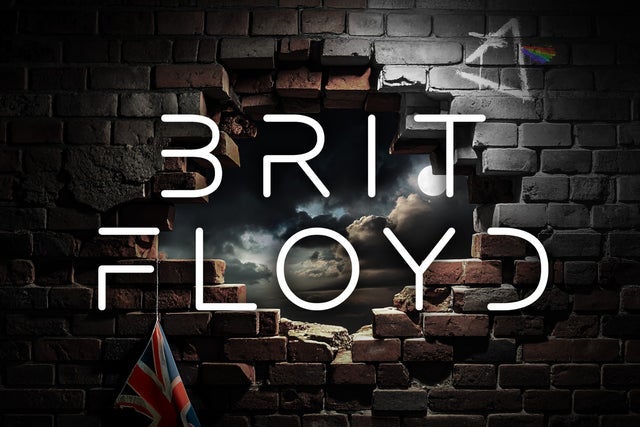Liverpool roots, arena scale
Formed in Liverpool by music director Damian Darlington, this group built a reputation for recreating the sweep and detail of
Pink Floyd with care and feel. Across rotating lineups, the mission stayed steady: studio-accurate tones, patient pacing, and the famous circular screen. With a title nodding to
The Wall and
The Dark Side of the Moon, expect a themed arc that balances narrative songs and spacey instrumentals. Likely anchors include
Shine On You Crazy Diamond,
Time,
Another Brick in the Wall (Part 2), and
Comfortably Numb. The crowd skews multi-generational, from vinyl die-hards comparing pressings to teens learning the catalog through their parents, plus gear-heads clocking pedal choices. A neat bit: the show often uses quad-style panning to place sound effects around the room, echoing
Pink Floyd's old live tricks. Another trivia note: Darlington spent years in The Australian Pink Floyd Show before founding this outfit, which sharpened his ear for tiny production moves. To be clear, the songs and production choices mentioned here are educated guesses based on recent tours, not guaranteed.
Set staples and deep-cut hopes
The Brit Floyd Crowd, Up Close
Prism tees and patient listening
You will see a mix of faded prism shirts, 70s tour reissues, denim jackets with stitched patches, and a few folks in understated black letting the music stand out. People tend to listen closely during the quiet intros, then sing the big refrains together, especially the chant lines in
Another Brick in the Wall (Part 2). Expect a handful of parents pointing out parts to teens during the instrumentals, and gear chats in the aisles about delays and slides. Merch tables usually move circle-screen poster prints, album-era badges, and setlist shirts organized by albums rather than dates. During the climactic guitar solo of
Comfortably Numb, phone lights rise in a soft sea without shouting over the band. Between songs, there is polite applause for soloists, and you can feel heads nod when a familiar synth texture lands just right. It is a scene built on shared memory, careful listening, and small, knowing smiles when a deep detail clicks.
Shared memory over spectacle
How Brit Floyd Recreates the Sound, Note by Note
Tone first, then spectacle
The vocals lean on layered harmonies to land those airy choruses, with a powerhouse lead balanced by two and sometimes three backing voices. Arrangements stick close to the records, but solos breathe longer, especially in
Comfortably Numb, where the second solo often stretches in waves. Keys handle the glue, stacking organ, piano, and synth pads so guitars can float without crowding the mix. The rhythm section keeps tempos a touch relaxed, letting echoes and vocal sustains bloom before the next phrase. You will hear tasteful sax cameos and spotlight turns for the singers on
The Great Gig in the Sky, which the band treats like a high-wire moment. A lesser-known wrinkle: they sometimes drop certain
The Wall pieces a half-step to fit the ensemble blend without dulling the edge. Expect classic textures like rotary-speaker swirls, slide lines that mimic lap-steel colors, and the famous clock samples for
Time triggered from the kit so they lock to the groove. Lights and the big circular screen support the music with slow color shifts and crisp animations rather than busy distractions.
Small tweaks, big payoffs
Kindred Roads for Brit Floyd Fans
Same galaxy, different orbits
If you like the narrative heft and widescreen sound,
Roger Waters brings concept-first shows where The Wall material lands with dramatic staging. Vintage heads gravitate to
Nick Mason's Saucerful of Secrets for early-era psychedelia played with era-correct textures and nimble jams. For another precision tribute with arena polish,
The Australian Pink Floyd Show hits the same sweet spot of exacting tone and theatrical scale. Guitar fans who chase lyrical bends and long, singing solos will find a home with
David Gilmour, where dynamics and space do the heavy lifting. Waters and Mason speak to the conceptual and archival sides, while Aussie Floyd and Gilmour cover the faithful recreation and guitar-forward elegance. Together, these acts map the spectrum that this group draws from on stage.
Why these names line up



